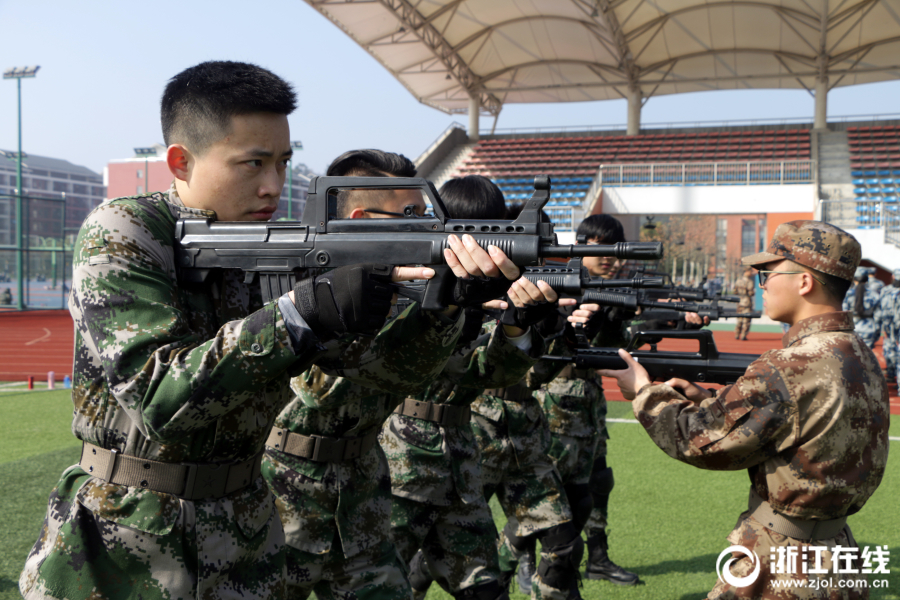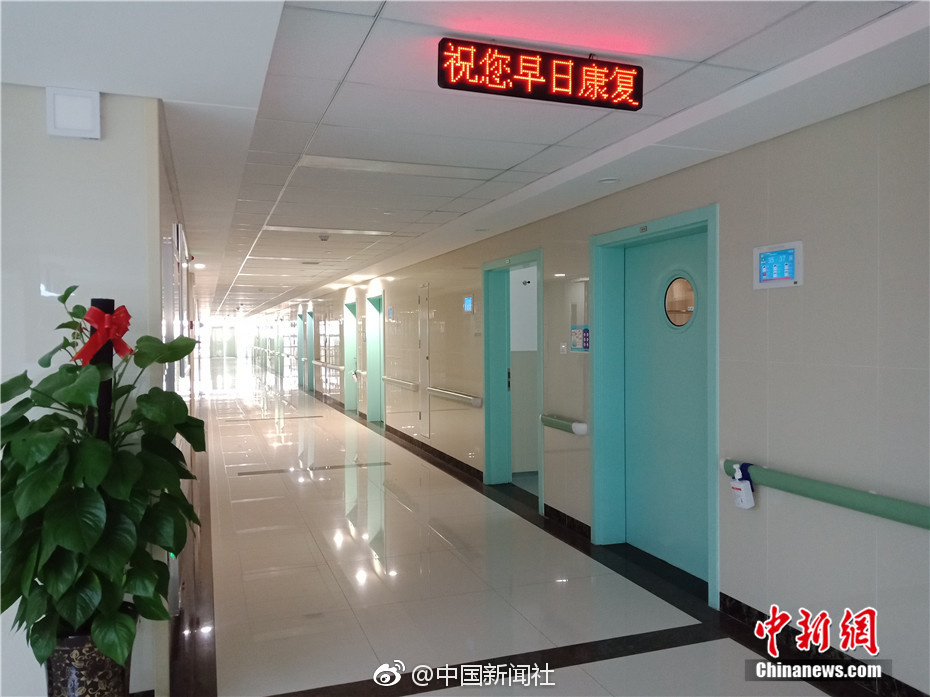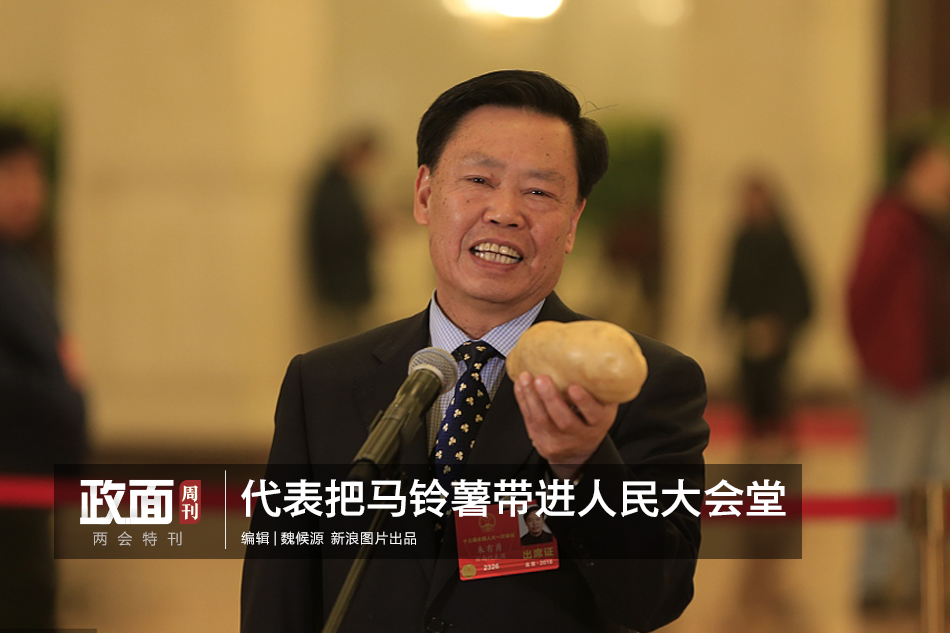
1. The five functions of the operating system are processor management, memory management, device management, file management and job management. Processor management The most basic function of processor management is to process interrupt events. After configuring the operating system, various events can be processed.
2. The main function of the computer operating system is process management, and its work is mainly process scheduling. In the case of a single user and a single taskNext, the processor is only monopolized by one user's task, and the process management work is very simple.
3. Operating System (abbreviation: OS) is a group of interrelated system software programs that supervise and control computer operation, use and run hardware, software resources and provide public services to organize user interaction.
4. Five major management functions of the operating system: (1) Job management: including tasks, interface management, human-computer interaction, graphical interface, voice control and virtual reality, etc. ( 2) File management: also known as information management. ( 3) Storage management: The essence is the management of storage "space", which mainly refers to the management of the main memory.
Any information system has five basic functions, namely: information collection and recording (input); information storage; information processing; information transmission; information output .
According to the functional introduction of the information system, the information system has five basic functions: input, storage, processing, output and control. Different functions have different functions, such as input function: the input function of the information system is determined by the purpose to be achieved by the system, the ability of the system and the permission of the information environment.
Five basic functions of the information system: input, storage, processing, output and control. Input function: The input function of the information system is determined by the purpose to be achieved by the system, the ability of the system and the permission of the information environment.Storage function: Storage function refers to the ability of the system to store various information and data. Mainly including: statistical functions.
The operating system has five functions: processor management: mainly controls and manages the work of the CPU. Storage management: mainly allocate and manage memory. Device management: mainly manage basic input and output devices. File management: responsible for the organization, storage, operation and protection of computer files.
The functions of the computer operating system include: processor management, memory management, device management, file management, job management and other functional modules. Processor management. The most basic function of processor management is to handle interrupt events. The processor can only detect interrupt events and generate interrupts and cannot process them.
The main function of the computer operating system is process management, and its main work is process scheduling. In the case of a single user and a single task, the processor is only monopolized by one user's task, and the work of process management is very simple.
The main functions of the operating system are process and processor management, job management, storage management, device management and file management, as follows: process and processor management. Because the execution of the program must rely on the processor, only one program flow can be processed and executed at any time. Homework management.
I) Processor management The most basic function of processor management is to handle interrupt events. The processor can only detect interrupt events and generate interrupts, and cannot handle these interrupt events. After configuring the operating system, all types of events can be handled.Another function of processor management is processor scheduling.
Five management functions of the operating system: job management: including tasks, interface management, human-computer interaction, graphical interface, voice control and virtual reality, etc. File management: also known as information management. Storage management: The essence is the management of storage "space", which mainly refers to the management of the main memory.

The storage management function of the operating system is to manage memory resources. It mainly realizes memory allocation and recovery, storage protection and memory expansion. The device management of the device management operating system is responsible for allocating and recycling external devices, and controlling external devices to operate according to the requirements of user programs.
The functions of the computer operating system include: processor management, memory management, device management, file management, job management and other functional modules. Processor management. The most basic function of processor management is to handle interrupt events. The processor can only detect interrupt events and generate interrupts and cannot process them.
The five functions of the operating system are processor management, memory management, device management, file management and job management.Processor management The most basic function of processor management is to process interrupt events. After configuring the operating system, various events can be processed.
TNT Sports-APP, download it now, new users will receive a novice gift pack.
1. The five functions of the operating system are processor management, memory management, device management, file management and job management. Processor management The most basic function of processor management is to process interrupt events. After configuring the operating system, various events can be processed.
2. The main function of the computer operating system is process management, and its work is mainly process scheduling. In the case of a single user and a single taskNext, the processor is only monopolized by one user's task, and the process management work is very simple.
3. Operating System (abbreviation: OS) is a group of interrelated system software programs that supervise and control computer operation, use and run hardware, software resources and provide public services to organize user interaction.
4. Five major management functions of the operating system: (1) Job management: including tasks, interface management, human-computer interaction, graphical interface, voice control and virtual reality, etc. ( 2) File management: also known as information management. ( 3) Storage management: The essence is the management of storage "space", which mainly refers to the management of the main memory.
Any information system has five basic functions, namely: information collection and recording (input); information storage; information processing; information transmission; information output .
According to the functional introduction of the information system, the information system has five basic functions: input, storage, processing, output and control. Different functions have different functions, such as input function: the input function of the information system is determined by the purpose to be achieved by the system, the ability of the system and the permission of the information environment.
Five basic functions of the information system: input, storage, processing, output and control. Input function: The input function of the information system is determined by the purpose to be achieved by the system, the ability of the system and the permission of the information environment.Storage function: Storage function refers to the ability of the system to store various information and data. Mainly including: statistical functions.
The operating system has five functions: processor management: mainly controls and manages the work of the CPU. Storage management: mainly allocate and manage memory. Device management: mainly manage basic input and output devices. File management: responsible for the organization, storage, operation and protection of computer files.
The functions of the computer operating system include: processor management, memory management, device management, file management, job management and other functional modules. Processor management. The most basic function of processor management is to handle interrupt events. The processor can only detect interrupt events and generate interrupts and cannot process them.
The main function of the computer operating system is process management, and its main work is process scheduling. In the case of a single user and a single task, the processor is only monopolized by one user's task, and the work of process management is very simple.
The main functions of the operating system are process and processor management, job management, storage management, device management and file management, as follows: process and processor management. Because the execution of the program must rely on the processor, only one program flow can be processed and executed at any time. Homework management.
I) Processor management The most basic function of processor management is to handle interrupt events. The processor can only detect interrupt events and generate interrupts, and cannot handle these interrupt events. After configuring the operating system, all types of events can be handled.Another function of processor management is processor scheduling.
Five management functions of the operating system: job management: including tasks, interface management, human-computer interaction, graphical interface, voice control and virtual reality, etc. File management: also known as information management. Storage management: The essence is the management of storage "space", which mainly refers to the management of the main memory.

The storage management function of the operating system is to manage memory resources. It mainly realizes memory allocation and recovery, storage protection and memory expansion. The device management of the device management operating system is responsible for allocating and recycling external devices, and controlling external devices to operate according to the requirements of user programs.
The functions of the computer operating system include: processor management, memory management, device management, file management, job management and other functional modules. Processor management. The most basic function of processor management is to handle interrupt events. The processor can only detect interrupt events and generate interrupts and cannot process them.
The five functions of the operating system are processor management, memory management, device management, file management and job management.Processor management The most basic function of processor management is to process interrupt events. After configuring the operating system, various events can be processed.
UEFA Champions League standings
author: 2025-02-11 08:44bingo plus update today Philippines
author: 2025-02-11 06:46Hearthstone arena deck Builder
author: 2025-02-11 07:36 Casino redeem
Casino redeem
617.95MB
Check Hearthstone deck
Hearthstone deck
347.52MB
Check PAGCOR online casino free 100
PAGCOR online casino free 100
612.95MB
Check casino plus free 100
casino plus free 100
893.95MB
Check Casino Plus GCash login
Casino Plus GCash login
734.95MB
Check Hearthstone arena class win rates reddit
Hearthstone arena class win rates reddit
136.78MB
Check Arena plus APK
Arena plus APK
189.53MB
Check Free sports events uefa champions league app android
Free sports events uefa champions league app android
867.68MB
Check Bingo Plus
Bingo Plus
632.12MB
Check Casino Plus GCash login
Casino Plus GCash login
963.29MB
Check PAGCOR online casino free 100
PAGCOR online casino free 100
634.47MB
Check UEFA live free
UEFA live free
837.94MB
Check Casino free 100 no deposit
Casino free 100 no deposit
134.37MB
Check Hearthstone arena deck Builder
Hearthstone arena deck Builder
137.76MB
Check Free sports events uefa champions league app android
Free sports events uefa champions league app android
386.87MB
Check App to watch Champions League live free
App to watch Champions League live free
654.64MB
Check PAGCOR online casino free 100
PAGCOR online casino free 100
384.47MB
Check DigiPlus stock
DigiPlus stock
717.46MB
Check Hearthstone Wild Decks
Hearthstone Wild Decks
647.32MB
Check Casino Plus free 100
Casino Plus free 100
682.82MB
Check Champions League
Champions League
329.53MB
Check DigiPlus
DigiPlus
435.25MB
Check UEFA live free
UEFA live free
479.69MB
Check DigiPlus
DigiPlus
991.94MB
Check UEFA Europa League
UEFA Europa League
372.43MB
Check DigiPlus stock
DigiPlus stock
238.41MB
Check TNT Sports
TNT Sports
585.21MB
Check Casino Plus
Casino Plus
327.57MB
Check Casino free 100 no deposit
Casino free 100 no deposit
859.71MB
Check DigiPlus Philippine
DigiPlus Philippine
154.63MB
Check UEFA Champions League standings
UEFA Champions League standings
957.38MB
Check UEFA EURO
UEFA EURO
359.56MB
Check UEFA Europa League
UEFA Europa League
215.63MB
Check Casino Plus app
Casino Plus app
994.16MB
Check App to watch Champions League live free
App to watch Champions League live free
193.92MB
Check Arena plus APK
Arena plus APK
559.41MB
Check
Scan to install
TNT Sports to discover more
Netizen comments More
2631 Hearthstone deck
2025-02-11 08:55 recommend
1125 Champions League
2025-02-11 08:44 recommend
104 DigiPlus Philippine
2025-02-11 08:37 recommend
1694 Hearthstone arena
2025-02-11 08:12 recommend
51 UEFA EURO
2025-02-11 07:38 recommend